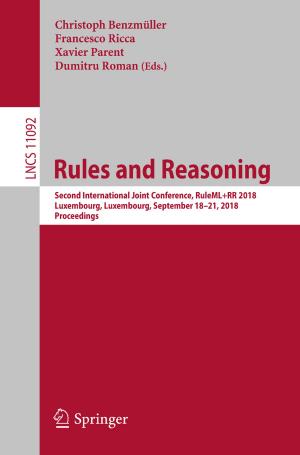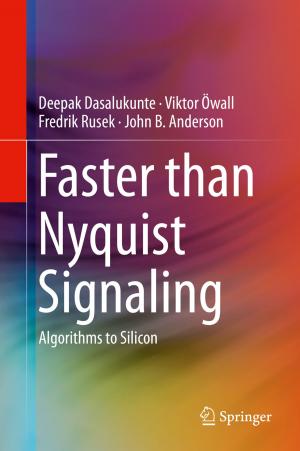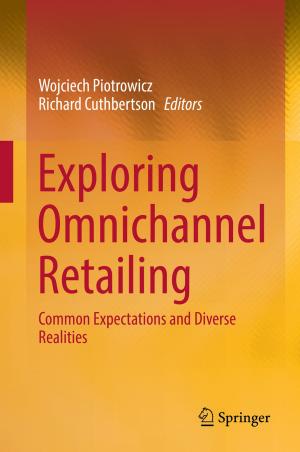Psychology of Career Adaptability, Employability and Resilience
Nonfiction, Health & Well Being, Psychology, Occupational & Industrial Psychology, Reference & Language, Education & Teaching, Educational Theory, Educational Psychology| Author: | ISBN: | 9783319669540 | |
| Publisher: | Springer International Publishing | Publication: | December 5, 2017 |
| Imprint: | Springer | Language: | English |
| Author: | |
| ISBN: | 9783319669540 |
| Publisher: | Springer International Publishing |
| Publication: | December 5, 2017 |
| Imprint: | Springer |
| Language: | English |
This book examines how the career counselling profession should respond to the changes in the world of work that have resulted from the increasing need to communicate faster and disseminate information more efficiently. It emphasizes the twin aims of enhancing a persons’ career adaptability and helping them to become more employable, rather than linearly trying to find a job and remaining in one organisation for their entire career-lives. The book shows that, to achieve these aims, people need to acquire career resilience, especially since the world of work no longer provides workers with work-holding environments for the duration of their career-lives. It takes into account historical analyses which show that whenever major technological change has occurred and widespread job losses have ensued, people have managed to use the new technology to create new employment opportunities. Readers from career psychology and management research, vocational and professional career coaching, and students of career psychology will find this book delivers sound, updated theory demonstrating how perceived threats in the 21st century can conceivably be turned into opportunities.
This book examines how the career counselling profession should respond to the changes in the world of work that have resulted from the increasing need to communicate faster and disseminate information more efficiently. It emphasizes the twin aims of enhancing a persons’ career adaptability and helping them to become more employable, rather than linearly trying to find a job and remaining in one organisation for their entire career-lives. The book shows that, to achieve these aims, people need to acquire career resilience, especially since the world of work no longer provides workers with work-holding environments for the duration of their career-lives. It takes into account historical analyses which show that whenever major technological change has occurred and widespread job losses have ensued, people have managed to use the new technology to create new employment opportunities. Readers from career psychology and management research, vocational and professional career coaching, and students of career psychology will find this book delivers sound, updated theory demonstrating how perceived threats in the 21st century can conceivably be turned into opportunities.















